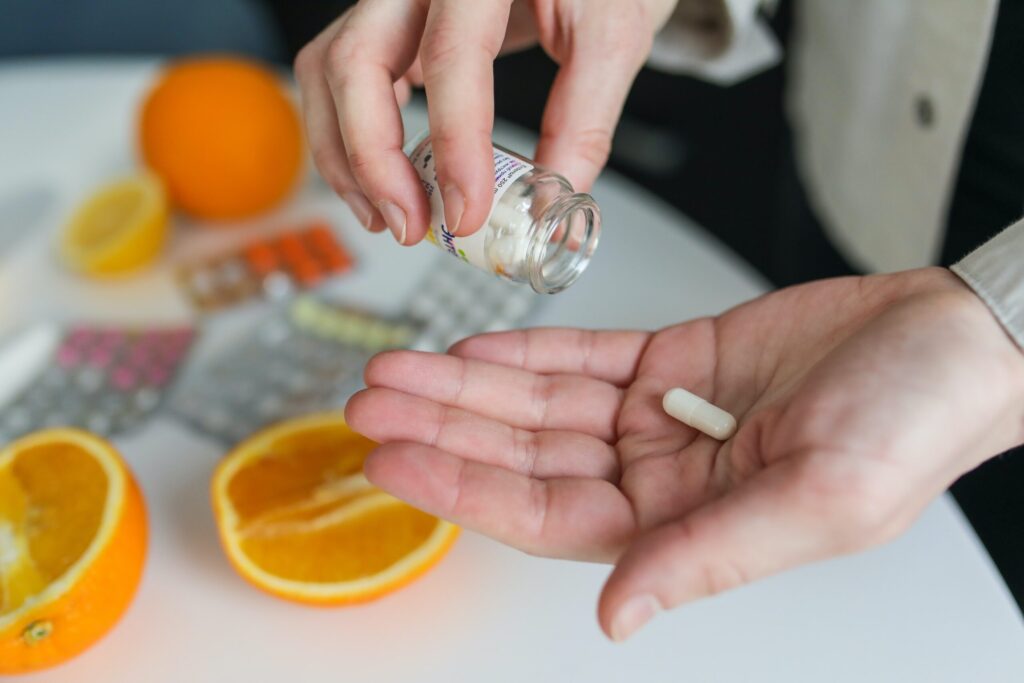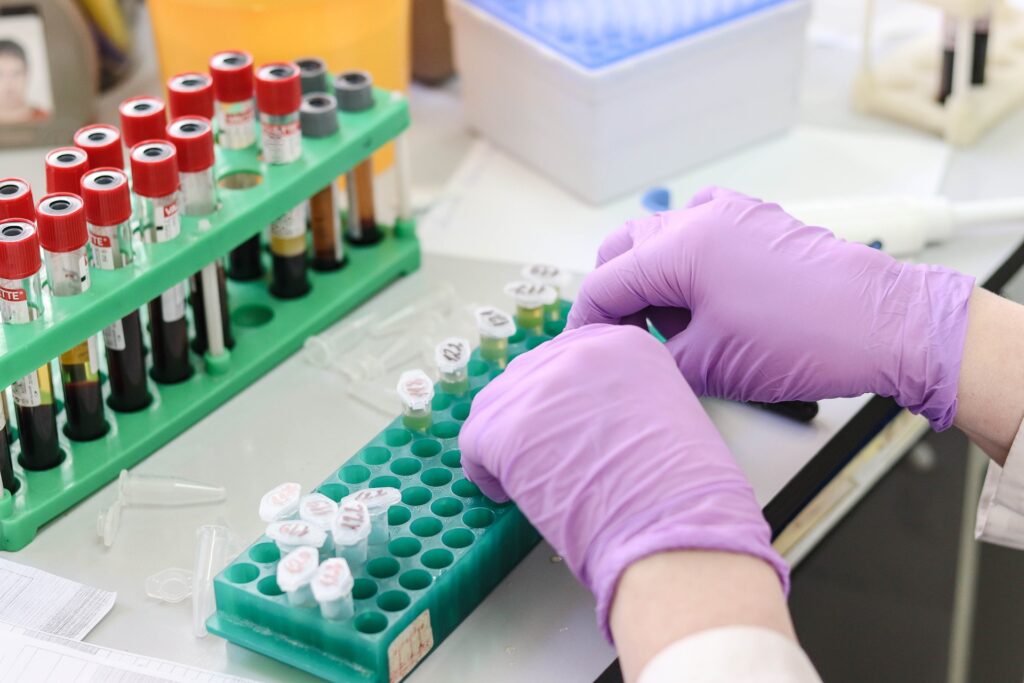Best ayurvedic medicine for Diabetes;
Diabetes is a chronic condition affecting millions worldwide. Ayurveda, an ancient system of natural healing from India, offers effective solutions for managing diabetes through herbal medicines and holistic approaches.

Overview
Ayurveda emphasizes balance and harmony within the body. It approaches diabetes, known as “Madhumeha,” by addressing the root causes rather than just symptoms. This involves lifestyle changes, dietary adjustments, and herbal remedies.
What Are the Best Treatment Options in Ayurveda?
Ayurvedic treatments for diabetes focus on reducing blood sugar levels, improving insulin sensitivity, and enhancing overall health. The main components include:
- Herbal Medicines
- Dietary Modifications
- Lifestyle Changes
Ayurvedic Herbal Medicines for Diabetes
Several potent herbs are used in Ayurveda to manage diabetes effectively. Here are some of the best:
1. Bitter Melon (Momordica charantia)
Bitter melon helps regulate blood sugar levels by increasing insulin secretion and improving glucose uptake by cells.
2. Fenugreek (Trigonella foenum-graecum)
Fenugreek seeds are rich in soluble fiber, which slows down the absorption of carbohydrates, thus helping to control blood sugar levels.
3. Turmeric (Curcuma longa)
Curcumin, the active compound in turmeric, has anti-inflammatory and antioxidant properties, which improve insulin function.
4. Indian Gooseberry (Emblica officinalis)
Also known as Amla, Indian gooseberry is rich in vitamin C and has compounds that enhance pancreatic function and regulate blood sugar.
5. Gymnema Sylvestre
Known as “Gurmar” or “sugar destroyer,” this herb blocks sugar absorption in the intestines and increases insulin production.
6. Holy Basil (Ocimum sanctum)
Tulsi has hypoglycemic properties that help lower blood sugar levels and improve metabolism.
How These Act?
Ayurvedic herbs work through multiple mechanisms:
- Increasing Insulin Production: Herbs like Gymnema Sylvestre stimulate the pancreas to produce more insulin.
- Improving Insulin Sensitivity: Turmeric and Fenugreek enhance the body’s response to insulin.
- Slowing Carbohydrate Absorption: Fenugreek and Bitter Melon slow down the absorption of sugars, preventing spikes in blood sugar levels.
- Anti-inflammatory and Antioxidant Effects: Turmeric and Holy Basil reduce inflammation and oxidative stress, which are common in diabetic patients.
What Are the Side Effects?
While Ayurvedic medicines are natural, they can still have side effects. It is crucial to consult an Ayurvedic practitioner before starting any treatment.
Potential Side Effects:
- Bitter Melon: Can cause gastrointestinal issues like diarrhea or abdominal pain.
- Fenugreek: May cause bloating, gas, or diarrhea.
- Turmeric: High doses can lead to digestive issues or interact with blood-thinning medications.
- Indian Gooseberry: Excessive intake can cause acidity or upset stomach.
- Gymnema Sylvestre: Rarely, it may cause hypoglycemia (very low blood sugar).
- Holy Basil: May cause mild nausea or diarrhea in some individuals.
Who Should Take It?
Ayurvedic medicines can be beneficial for:
- Individuals with type 2 diabetes seeking natural management options.
- Patients looking for complementary treatments alongside conventional medications.
- People aiming to prevent the onset of diabetes, especially those with a family history or prediabetes.
Who Should Avoid?
Certain individuals should be cautious or avoid Ayurvedic medicines:
- Pregnant or Breastfeeding Women: Some herbs may not be safe.
- Individuals on Multiple Medications: Potential interactions with prescription drugs.
- Patients with Severe Hypoglycemia: Herbs like Gymnema Sylvestre can lower blood sugar too much.
- People with Allergies to Specific Herbs: Always check for potential allergic reactions.
Conclusion
Ayurvedic medicine offers promising treatments for diabetes through natural herbs and holistic approaches. While effective, it is essential to consult with a healthcare provider or an Ayurvedic practitioner to ensure safe and appropriate use. Balancing herbal remedies with proper diet and lifestyle changes can significantly improve diabetes management and overall health.

